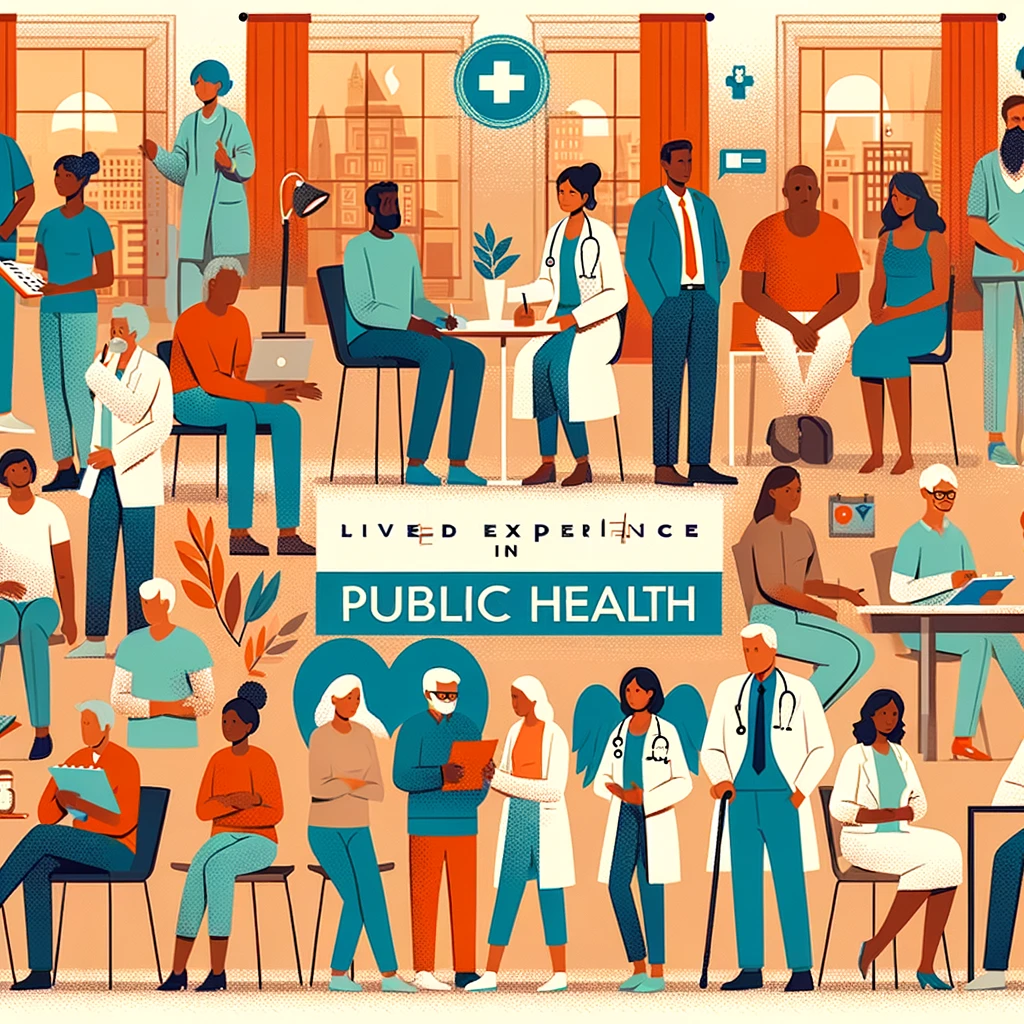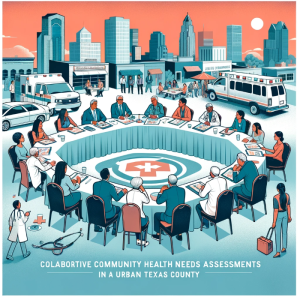
The Vital Role of People with Lived Experience in the Public Health System
In today’s world, where public health is a top priority, the voices of people with lived experience in the health system are more important than ever. These individuals bring a unique and valuable perspective to healthcare, helping to shape policies and practices that are more inclusive and effective.
Understanding Lived Experience
‘Lived experience’ refers to the personal knowledge individuals gain through direct involvement in a situation. In the context of public health, it means the insights and understanding that come from personally navigating the health system, whether as a patient, a caregiver, or a family member.
Why Lived Experience Matters
- Personal Insight: People with lived experience provide a firsthand understanding of the challenges and needs within the healthcare system. They can offer insights into what works and what doesn’t, based on their real-life encounters.
- Empathy and Compassion: Their stories can foster empathy and compassion in healthcare providers, leading to more patient-centered care. Understanding the patient’s journey can help create a more supportive and understanding environment.
- Improving Health Outcomes: Involving these individuals in policy-making can lead to improved health outcomes. They can help identify gaps in services and suggest practical, real-world solutions.
- Advocacy and Representation: They can act as advocates for underrepresented groups, ensuring that diverse perspectives are included in public health discussions.
How They Contribute
Policy Development
People with lived experience can play a crucial role in developing health policies. Their input ensures that policies are grounded in the reality of those who use the health system, leading to more effective and targeted strategies.
Education and Awareness
They can educate the public and healthcare professionals about specific health issues and challenges by sharing their stories. This awareness can lead to early detection, prevention strategies, and improved management of health conditions.
Research
Incorporating their perspectives in health research can help tailor studies to address the most pressing needs and questions, leading to more relevant and impactful findings.
Support Networks
Their experiences can be invaluable in creating support networks for others going through similar health challenges. Peer support groups, for instance, provide a space for sharing tips, offering emotional support, and building a community.
Overcoming Challenges
While their contributions are invaluable, people with lived experience often face barriers, such as stigma or a lack of formal recognition in the healthcare system. It’s important to overcome these challenges by:
- Encouraging their participation in advisory committees and focus groups.
- Providing platforms for them to share their stories and insights.
- Recognizing and valuing their contributions as equal to those of healthcare professionals.
Conclusion
People with lived experience are essential to a comprehensive and effective public health system. Their insights and contributions can lead to more empathetic, inclusive, and effective healthcare for all. As we continue to navigate the complexities of public health, let’s ensure that these voices are heard and valued.
“Be the Health Change-Maker – Get Informed Weekly!”
Step into the role of a public health change-maker with ‘This Week in Public Health.’ Each issue brings you closer to the heartbeat of community health, innovative research, and advocacy. It’s more than news; it’s a platform for transformation. Subscribe for free and join a community of informed individuals driving positive change in public health every week!



